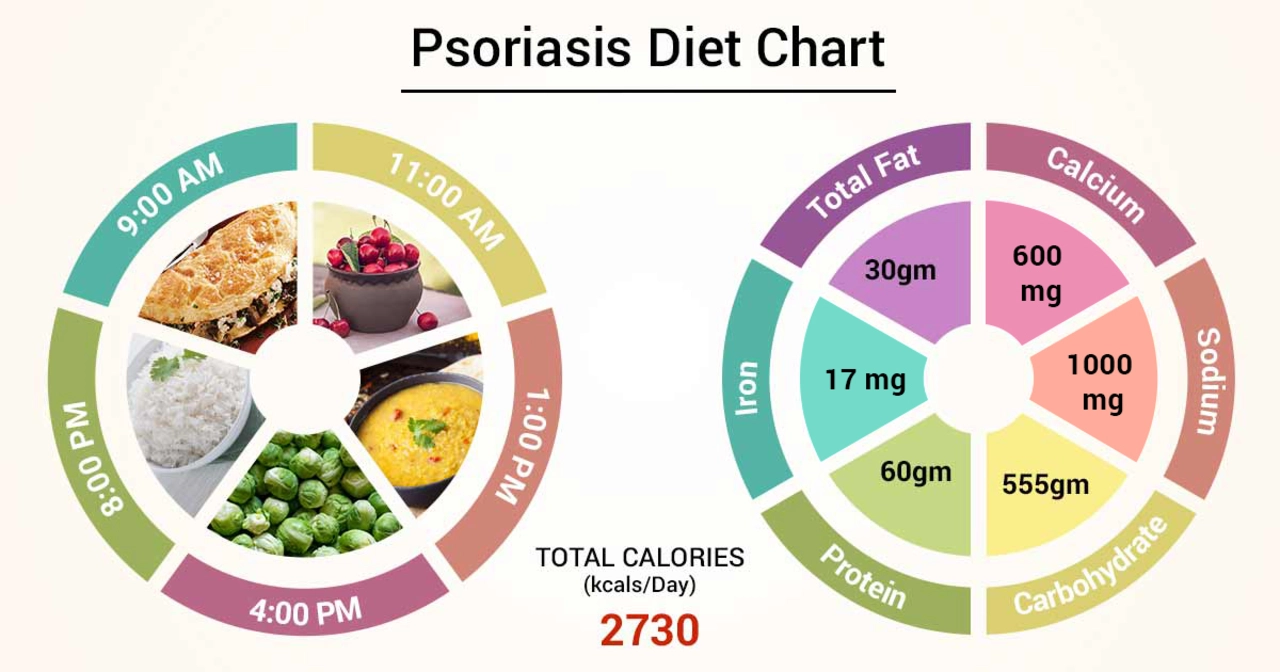Effectiveness: How to Tell If a Medication Works for You
When you start a new medicine you want to know fast if it helps. Effectiveness means the drug reduces symptoms, improves daily life, or prevents problems with the fewest downsides. Here are practical ways to judge whether a treatment is doing its job and what steps to take if it isn’t.
Track specific signs. Write down daily measurements that matter for your condition: pain level, blood pressure readings, mood scores, number of panic episodes, or how many nights you sleep through. Small, consistent notes give clearer signals than memories. Use a simple app or a notebook and check trends after one, two, and four weeks depending on the drug.
Know expected timelines. Some meds act fast—pain relievers, many allergy drugs, or decongestants often show effects within hours. Others like antidepressants, blood pressure drugs, or cholesterol meds usually take weeks to show real benefit. Read reliable sources about typical timelines for your specific drug so you don’t judge too soon or wait too long.
Watch for side effects that affect usefulness. A medicine might lower symptoms but cause nausea, daytime drowsiness, or sexual side effects that make life worse. If side effects outweigh gains, consider dose changes, timing adjustments, or alternatives. Many of our guides show safer substitutes and tips for managing common side effects.
Objective tests and follow ups
Ask for objective checks when possible. Labs, blood pressure logs, eye pressure tests, or EKGs give clear proof of benefit or harm. For example, statins should lower LDL numbers, and blood pressure drugs should show steady reductions on home readings. Bring your records to appointments and discuss concrete targets with your clinician.
Consider placebo and expectation effects. Belief in a drug can change how you feel. That’s normal. If you feel better quickly but objective tests don’t change, reassess with your doctor. Sometimes a different drug or dose is still needed for real long term benefit.
When to change treatment
If you see no improvement after a reasonable trial, if side effects are severe, or if objective tests show no progress, it’s time to change strategy. Don’t stop abruptly for drugs that require tapering. Plan a switch with your prescriber, check interactions, and use safer alternatives if needed. Our articles compare alternatives and explain safe switching steps.
Effectiveness is personal. Two people can take the same pill and have different outcomes. Track clear measures, ask for objective tests, give medications fair time, and be ready to adjust. If you want, pick a few posts on this tag—like those about statins, antidepressants, or antibiotic alternatives—to learn how others judge effectiveness for specific treatments.
Simple checklist: set measurable goals, record baseline numbers, give the medication its typical trial period, log side effects, and compare objective results with how you feel. If unclear, ask for a second opinion or blood tests. Keep copies of prescriptions and receipts for follow up. Small records help you and your doctor make smarter, faster decisions and better outcomes.
Is Calcipotriene the Right Treatment for Your Psoriasis?
After researching various psoriasis treatments, I recently came across Calcipotriene, a vitamin D derivative that may be a suitable option for some patients. Calcipotriene works by slowing down the growth of skin cells, reducing the symptoms of psoriasis such as redness, scaling, and itching. It is available in topical forms like creams, ointments, and lotions, making it easy to apply directly to affected areas. However, it's important to consult with a dermatologist before trying Calcipotriene, as it may not be suitable for everyone, especially those with severe or widespread psoriasis. Overall, Calcipotriene seems to be a promising treatment for mild to moderate psoriasis, but it's crucial to discuss it with a healthcare professional to determine if it's the right choice for you.
Read More
